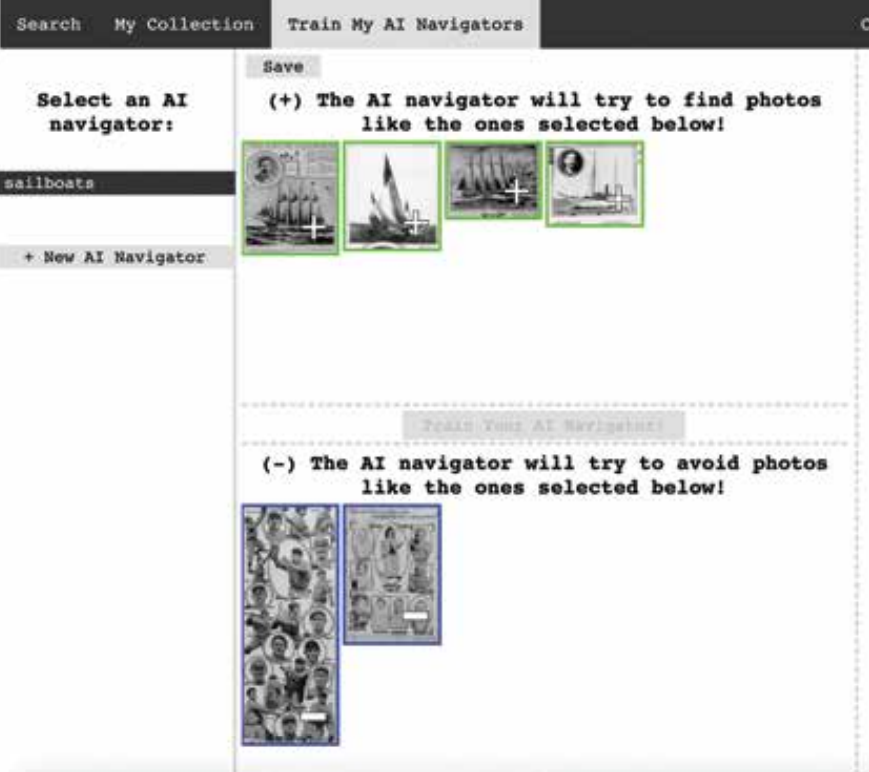Machine Learning in the Social Studies
In an article published in the March/April version of Social Education, Benjamin Charles Germain Lee, Ilene R. Berson, and Michael J. Berson write about how machine learning offers unique opportunities to re-imagine how students navigate and access digital collections for classroom learning.
FROM THE ARTICLE:
“Much of our day-to-day technology is powered by machine learning. Given its astounding acceleration, most people do not realize that they are continuously encountering machine learning all around them.
Nonetheless, these technological advances can have problematic consequences that create ethical issues. Recently, we witnessed the beneficial and dangerous outcomes associated with machine learning in social media contexts. Machine learning can forecast and disrupt the spread of disinformation, but it also has been used to generate entirely false news stories (i.e., deep fakes) that are indistinguishable from real news.”
A screenshot of the Newspaper Navigator search application showing how a visitor trains an AI navigator to retrieve photographs of sailboats.
“We have a responsibility in the social studies to discuss machine learning, including its benefits and potential misuses as societies increasingly delegate complex decisions that affect the lives of citizens to artificial intelligence systems. We can best develop student competencies by using powerful machine learning tools as part of our instruction and pulling the curtain back on the technology that drives the innovation. This approach to media literacy in the social studies includes digital media learning experiences that delve into both the efficiencies and flaws to critically scrutinize technologies that have public policy implications.”

